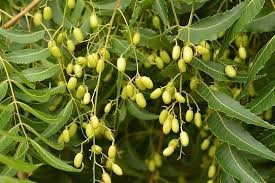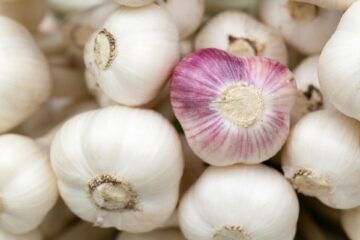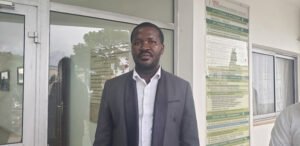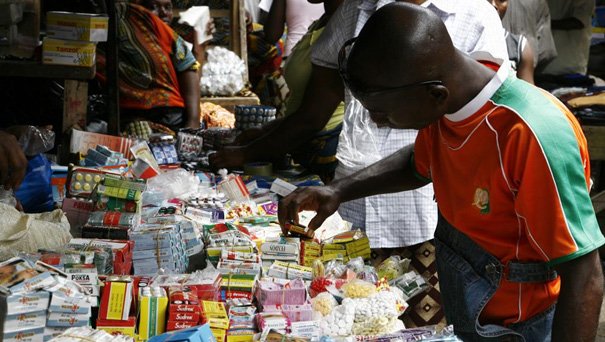Traditional medicine : Towards the establishment of a Global Centre in India

This global centre of knowledge on traditional medicine, supported by a $250 million investment from the Indian government, aims to harness the potential of traditional medicine around the world with modern science and technology to improve the health of people and the planet.
It is estimated that about 80% of the world’s population
uses traditional medicine.
To date, 170 of WHO’s 194 Member States report using traditional medicine and their governments have requested WHO’s assistance in building a body of reliable evidence and data on traditional medicine practices and products. « Millions of people around the world rely primarily on traditional medicine to treat many diseases,” says Dr Tedros Adhanom Ghebreyesus, WHO Director-General. Ensuring
that all people have access to safe and effective treatment is a key part of WHO’s mission, and this new centre will help harness the power of science to strengthen the evidence base for traditional medicine. I am grateful to the Government of India for its support, and we look forward to making this initiative a success.” The term ‘traditional
medicine’ describes the sum total of knowledge, skills and practices that indigenous and different cultures have used over time to maintain health and prevent,
diagnose and treat physical and mental illness. Traditional medicine encompasses ancient practices, such as acupuncture, Ayurvedic medicine and herbal mixtures, as well as modern medicines.
But today, national health systems
and strategies do not yet fully integrate the millions of traditional medicine workers, accredited courses, health facilities
and related health expenditures.
“It is heartening to learn of the signing of the agreement with the host country for the establishment
of the Global Centre for Traditional Medicine. The agreement between the Ministry of Ayush and the World Health Organization (WHO) to set up the WHO Centre in Jamnagar, Gujarat,
is a commendable initiative,” says Mr Narendra Modi, Prime Minister of India. “Through various
initiatives, our government has consistently made preventive and curative health care affordable
and accessible to all. May the global centre in Jamnagar help provide the best healthcare solutions in the world ». Traditional
medicine is also becoming increasingly
important in the world of modern science.
Biodiversity and sustainability
Some 40% of authorised pharmaceuticals
in use today are derived from natural substances, highlighting the vital importance of biodiversity conservation and sustainability. For example, aspirin was discovered through traditional medicine formulas using willow bark, the contraceptive
pill was developed from the roots of the wild yam, and treatments
for childhood cancer use the Madagascar periwinkle. The examination of ancient Chinese medical texts led to the Nobel Prize-winning research on artemisinin
for malaria control. There is a rapid modernisation of the methods of studying traditional medicine. Artificial intelligence is now being used to map data and trends in traditional medicine and to analyse the pharmacokinetic
properties of natural products.
Functional magnetic resonance
imaging is used to study brain activity and the ‘relaxation response’ that is part of some traditional
medicine therapies, such as meditation and yoga, which are increasingly used for mental health and well-being in times of stress. In addition, mobile phone applications, online courses and other technologies have brought traditional medicine back into the mainstream. The new WHO centre will be located in Jamnagar,
Gujarat, India. While the centre will be physically located in Jamnagar, it is intended to be used by and useful to all regions of the world.















